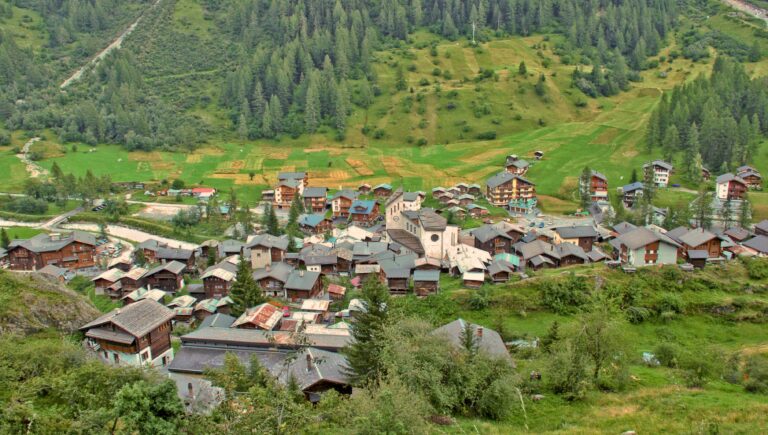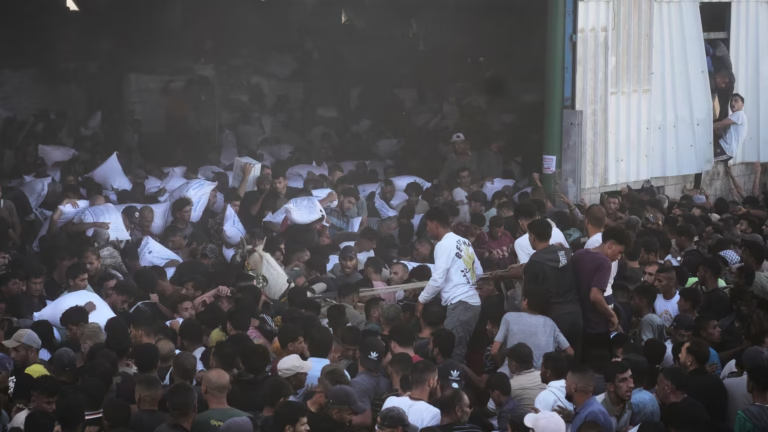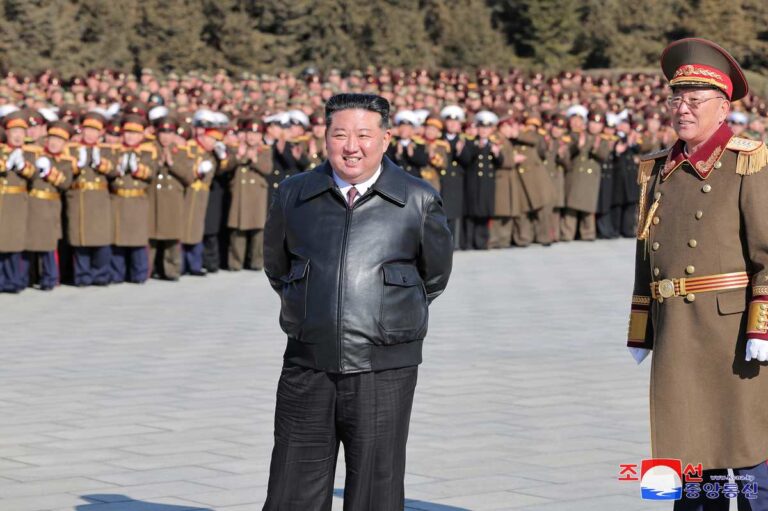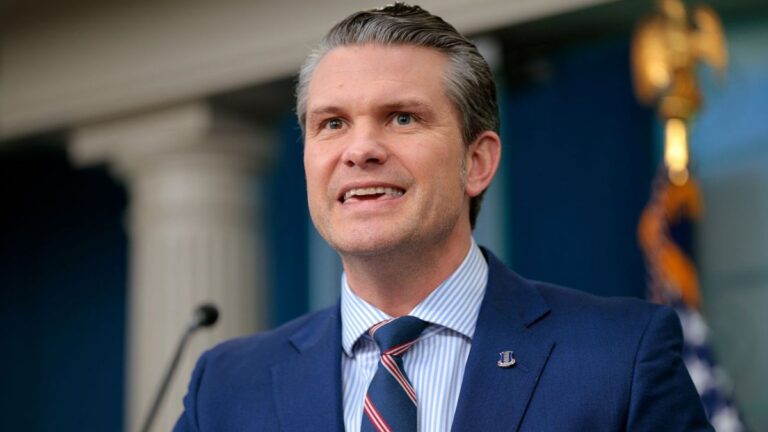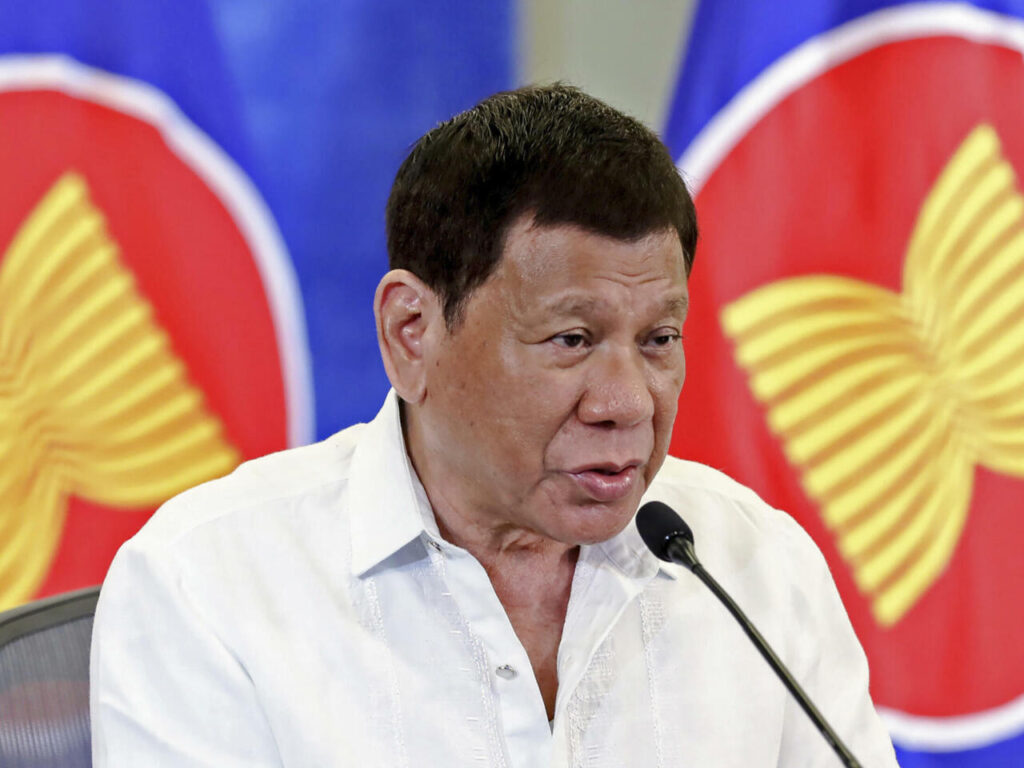
In this photo provided by the Malacanang Presidential Photographers Division, Philippine President Rodrigo Duterte speaks during a virtual plenary session of the ASEAN-China Special Summit in Davao City, southern Philippines, Monday, Nov. 22, 2021. Duterte called on China to respect the 1982 United Nations Convention on the Law of the Sea which establishes maritime entitlements and sovereign rights over maritime zones, along with a 2016 Hague arbitration ruling that mostly invalidated China's South China Sea claims. China has refused to recognize the ruling. (Richard Madelo/Malacanang Presidential Photographers Division via AP)
Imagine a political drama where a former president wins a mayoral race from behind bars, while the current president faces a surprising decline in Senate support. This is not a movie script-this is the real story unfolding in the Philippines in 2025. The recent midterm elections have shaken the country’s political landscape, revealing deep divisions, unexpected victories, and a fierce rivalry between two of the nation’s most powerful families: the Marcoses and the Dutertes.
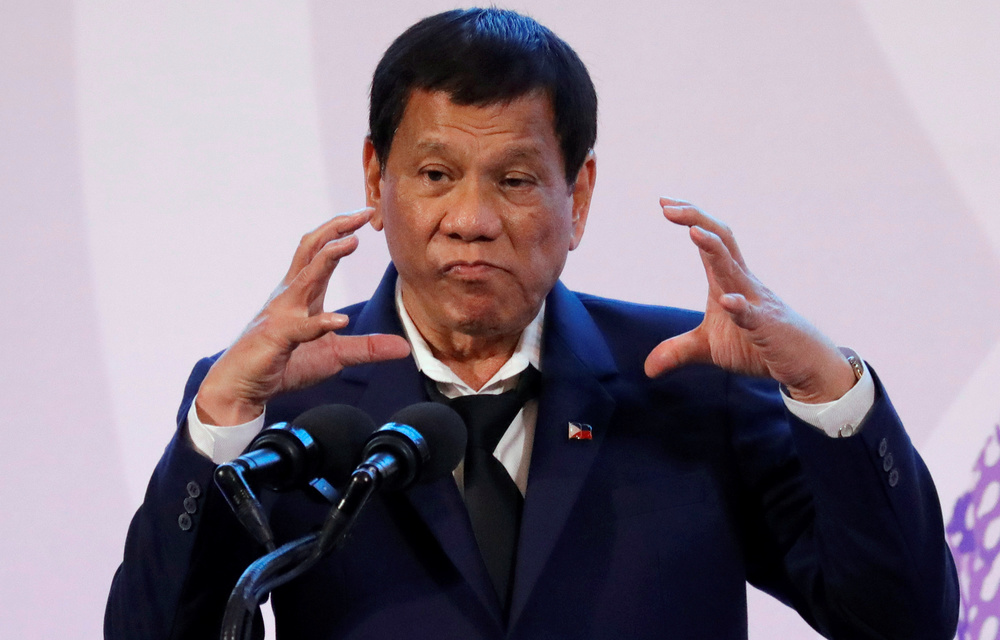
The Shocking Victory: Duterte Wins Mayor Race From Jail
Rodrigo Duterte, the controversial former president known for his harsh anti-drug campaign, has done the unthinkable. Despite being detained at the International Criminal Court (ICC) in The Hague on charges of crimes against humanity, Duterte was almost certain to be elected mayor of his hometown, Davao City, by a landslide16. With 80% of the ballots counted, he was leading his closest rival by a margin of eight to one1.
Duterte’s victory is extraordinary for several reasons:
- He campaigned from jail: Detained since March, Duterte’s name remained on the ballot. Philippine law allows candidates to run unless they are convicted and have exhausted all legal remedies6.
- His legacy endures: Despite international criticism and ongoing investigations into his “war on drugs,” Duterte’s tough-on-crime image still resonates with many Davao residents. Supporters flooded social media with congratulations, calling for his return to public service1.
- A family affair: Duterte’s son, Sebastian, was his running mate, further cementing the family’s grip on local politics5.
This win not only highlights Duterte’s personal popularity but also signals the enduring influence of his political brand in Mindanao and beyond.
Marcos’ Hold on the Senate: A Growing Weakness
While Duterte was celebrating, President Ferdinand Marcos Jr.’s camp faced unexpected trouble. The midterm elections were supposed to strengthen Marcos’ hold on the Senate, but results showed fewer senators from his camp were elected than anticipated2. This development is significant for several reasons:
- Senate power is crucial: The Senate plays a vital role in shaping national policy and can serve as a check on presidential power. Control of the Senate is essential for any president seeking to push their agenda7.
- A diverse slate: Marcos announced a broad coalition of 12 senatorial candidates from various parties, including his sister Imee Marcos and other political heavyweights like Manny Pacquiao and Pia Cayetano3. Despite this “show of force,” the results fell short of expectations4.
- Implications for 2028: The midterms are seen as a preview of the 2028 presidential race. A shaky Senate majority could weaken Marcos’ influence and embolden rivals, especially the Dutertes67.
The Marcos-Duterte Rivalry: A Nation Divided
The 2025 midterms turned into a proxy war between the Marcos and Duterte camps. Both families endorsed their own candidates, and the results are expected to shape the political landscape for years to come67.
Key Points of Tension
- Impeachment and accusations: Tensions peaked when the Senate impeached Vice President Sara Duterte, Rodrigo’s daughter, for alleged corruption and plotting against the president. This was followed by Rodrigo Duterte’s arrest and transfer to the ICC, which Sara described as “kidnapping” by a foreign court6.
- Foreign policy and public opinion: Marcos Jr. is known for his tough stance against China, while the Dutertes are seen as more pro-China. Over 70% of Filipinos say they would not support a pro-China candidate, making foreign policy a central election issue7.
- Economic challenges: Marcos faces criticism over rising inflation and unemployment. While inflation has eased, nearly two-thirds of Filipinos believe his administration has failed to control the cost of living7.
What Does This Mean for the Philippines?
The results of the 2025 midterm elections have several important consequences:
- Power balance shifts: With fewer Marcos allies in the Senate, passing legislation could become more difficult. The president may have to negotiate more with opposition senators, including those loyal to the Dutertes27.
- Duterte’s comeback: Rodrigo Duterte’s mayoral win, even from jail, is a testament to his enduring popularity. It also boosts his family’s prospects ahead of the 2028 presidential election, where Sara Duterte is seen as a strong contender57.
- A preview of 2028: The rivalry between the Marcos and Duterte camps is far from over. The midterms have set the stage for an even more heated battle in the next presidential race67.
Why Are Filipinos So Engaged?
Filipinos are passionate about politics, and these elections have only heightened the drama. More than 18,000 positions were up for grabs, including mayors, governors, and all 317 seats in the House of Representatives67. Voters lined up early at polling stations, eager to make their voices heard.
Security was tight, with over 163,000 police officers deployed to prevent violence-a common concern during Philippine elections6. Despite these precautions, clashes between rival supporters did occur, underscoring the high stakes and deep divisions in the country.
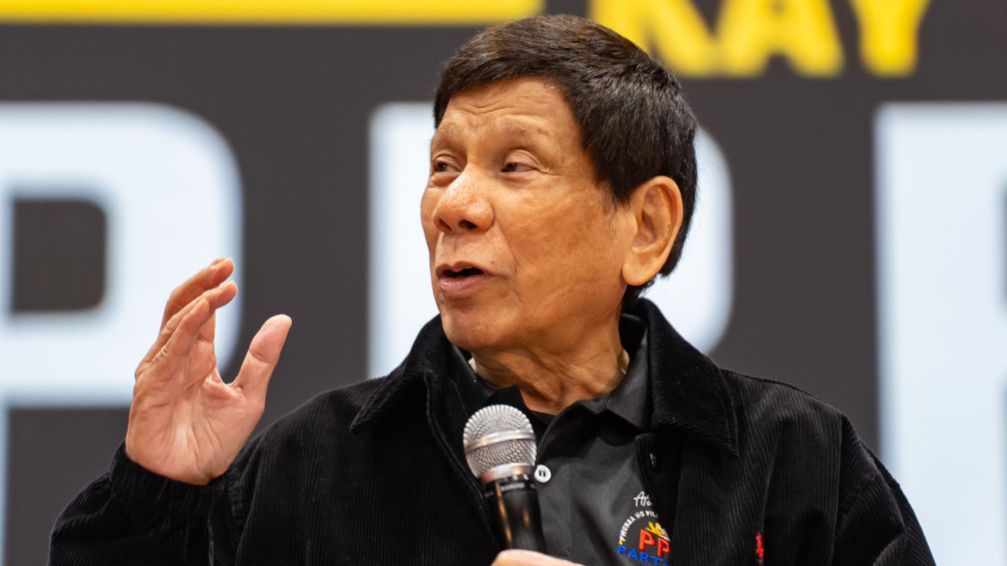
What Happens Next?
- Duterte’s trial: If Rodrigo Duterte proceeds to trial at the ICC, he would be the first former Asian leader to face such charges. The outcome could have far-reaching implications for international justice and Philippine politics16.
- Senate dynamics: The new Senate lineup will determine how much power Marcos Jr. retains. If opposition senators gain ground, expect more heated debates and possible roadblocks to the president’s agenda27.
- 2028 presidential race: Both camps are already looking ahead. The Dutertes hope to build on their local victories, while the Marcos camp must regroup and strengthen its base.
